I have a friend who never seems to be tormented by food. She moves freely throughout her day without needing to recall how many calories were in her lunch before deciding on what to eat for dinner. Sometimes she eats a little too much, but instead of beating herself up, she says with a smile, “I think I might be in a bit of a food coma.” She will enjoy a bagel with strawberry cream cheese when the desire strikes. The same goes for fruits, veggies, and whole grains. I would call this friend a normal eater. Do you know what else is a regular part of this friend’s eating experience? Emotional Eating.
"Hold on, I thought the goal was to sit with our emotions and to work through them. If this is true, how can you say that emotional eating is a part of normal eating?"
As with most food and eating related topics, there is some grey area here. Let me explain.
Coping Mechanisms Are Needed
Emotional eating is one way to cope when we feel stressed, isolated, sad, or bored. We can also watch tv, go for a walk, or listen to music. Coping mechanisms are needed because it would be too exhausting or even inconvenient feel our feelings 100% of the time. Sometimes we do need a quick fix so that we can get through a project at work without crying, or help our kids with their homework without snapping and yelling.
I am not here to tell you what the right coping mechanism is. It will vary from person to person, situation to situation. You will be your best guide.
Let me paint a picture for you.
It’s evening and you’re home alone after a busy day at work. You’re seriously craving something sweet. Instead of heading straight for the ice cream, you pause and reflect on what you were thinking and doing just before the craving hit. After a moment, it becomes clear to you that you’re trying to protect yourself from feeling lonely. You know from experience that if you sit with your loneliness or try to work through it, crying is imminent. In fact, you already feel the tears welling. If you continue, you will be stuffy, congested, and unable to sleep. In this moment, self-care might mean setting the loneliness aside for the evening and choosing a coping mechanism that feels comforting and good. You might choose to put together a puzzle, you might choose to eat ice cream, or you might choose to do both.
“It sounds like you’re saying that it’s normal, even beneficial, for us to use coping mechanisms from time to time, and that this can include emotional eating. If this is true, why does emotional eating get such a bad rap? Why do we feel so guilty after we do it?”
Emotional Eating and Weight
In my opinion, the answer is simple. We fear and avoid emotional eating because we worry that it will lead to weight gain. If you’re stressed at work, do you feel guilty after taking a five minute break to chat with a colleague? Most likely you do not. What if you choose to spend five minutes in the break room eating a doughnut? Would you feel any differently about yourself as you make your way back to your desk? If so, I invite you to examine why that is the case. It’s completely normal to be concerned about weight gain, but my advice here is to put all weight-related thoughts on the back burner. My guess is that your weight has historically dictated your thoughts, feelings, and actions. Take a moment to consider how this has worked out for you.
Normalizing Emotional Eating
Choosing a non food-related coping mechanism is not the morally superior choice. Instead of using every ounce of energy to avoid emotional eating, allow it to be an option. Eat emotionally if you really want to. Once you feel that you have full permission, the question becomes, do you really want to? This mindset shift leads to less shame and guilt should you choose to eat. It normalizes the action. You might not know this, but the shame and guilt that occur after emotional eating are the very emotions that then drive you to binge eat. It’s not the original emotions themselves. Feeling okay with your choice to eat during an emotional time leads to subsequent decisions that are in line with your values. Why? Because you don’t feel like you’ve done something wrong. When you finish eating, you’re in a positive headspace. And this sets you up for positive choices.
In Conclusion
The difference between you as a normal eater and as someone who struggles with emotional eating is the way you feel about emotional eating. As a normal eater, you will approach uncomfortable emotions knowing that you have many options, including eating. If you do choose to soothe your emotions by eating, you will be able move on with your day because you aren’t weighed down with shame and guilt. Emotional eating is not the enemy, it’s just one thing you sometimes do as a normal eater.


